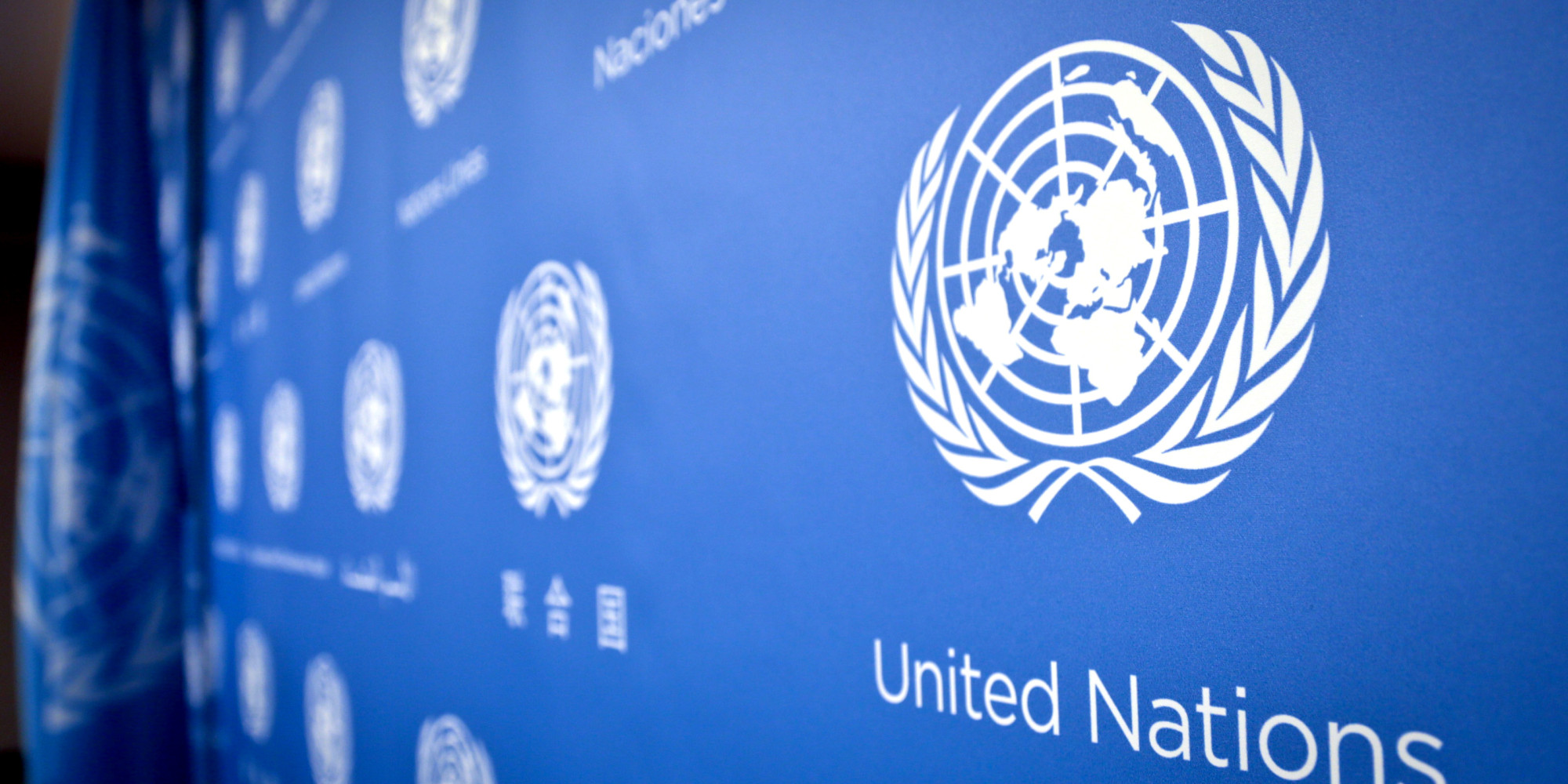Considering my earlier prediction of how “coup prone” Kenya was at the beginning of this crisis, i find the comments of the Rwandan President Paul Kagame, recommending military takeover, to be the closest to the reality in Kenya. However i would like to add the following on the less militaristic intervention that is still possible in Kenya. In all truth international mediation has screwed up things in Kenya. There has been room for a third way and mediation as it is constructed perpetuated the polarisation of the country along the old ” Mwai Vs Raila” lines at the beginning of the conflict. This approach actively encourages that polarisation around from which supporters from both sides draw the fire for their violence. There will be spikes in the violence that follow the bumps that negotiations for power sharing etc meet.
In the meantime grassroots violence is taking over and creating its own momentum.
Annan is instead providing what amounts to diplomatic cover to Kenya has the crisis continues unabated. A moratorium on Kenya in key multilateral institutions and so forth would then be lifted as a reward for good behavior on the part of the political estate in Kenya. Kenyans are capable of getting beyond this but the right investment is made by her friends and soon. Otherwise deaths of commoners are often nothing but glorified action soap operas on international television screens and the Kenyan elite are no different from global viewers.
RWANDA President Paul Kagame wants the army to intervene and halt Kenya’s ethnic bloodshed.
“This is a case of emergency where certain things have to be done very quickly to stop the killings that are going on. There’s no time to go into niceties and debates when the killings are taking place,” Kagame told Reuters. Rwanda suffered a genocide in 1994 in which about 800,000 people were killed. Unrest in Kenya since President Mwai Kibaki’s disputed re-election last month has killed about 850 people.
Kagame said the Kenyan army might have to take over before things get worse. “I know that it is not fashionable and right for the armies to get involved in such a political situation. But in situations where institutions have lost control, I wouldn’t mind such a solution,” he said.
“I tend to believe that the Kenyan army is professional and has been stable,” he added in the interview on Tuesday. Kagame said he backed mediation efforts headed by former UN head Kofi Annan, and that any military takeover should only be temporary.
Kagame said Kenya ought to learn a lesson from the Rwanda’s bloody history. “It starts with five deaths, then 10, then 50, shortly it grows to 100, then it goes to thousands. By the time you realise, it has a dimension that is wiping out life in villages and communities and is getting out of control and the whole political situation is in a mess,” he noted.
Kagame said he knew his suggestion of military intervention was a radical one. “I might sound controversial but in the wake of such senseless killings with no immediate solution, if anybody suggested that (military) option to me, I would say I agree with it,” he said.
“It is not too late for Kenyans to look back and see how our country went down the drain in the past and I don’t think we would wish a similar thing for any country.”
The UN special adviser on preventing genocide and mass atrocities on Tuesday warned leaders responsible for post-election violence in Kenya they could be held to account for violations of international law.
Francis Deng told Reuters he was sending a staff member to look into the situation. The official, Marylene Smeets, was due to leave on today, Deng said in a telephone interview.
Deng explained that what was happening in Kenya so far did not amount to genocide. “We’re not talking the g-word at this point, but the kind of atrocities we’re seeing could easily escalate to dangerous levels,” he said.
In Nairobi, a police commander said Wednesday they had been given orders to shoot to kill to stem violence, a day after Annan started crisis talks between the feuding leaders.










